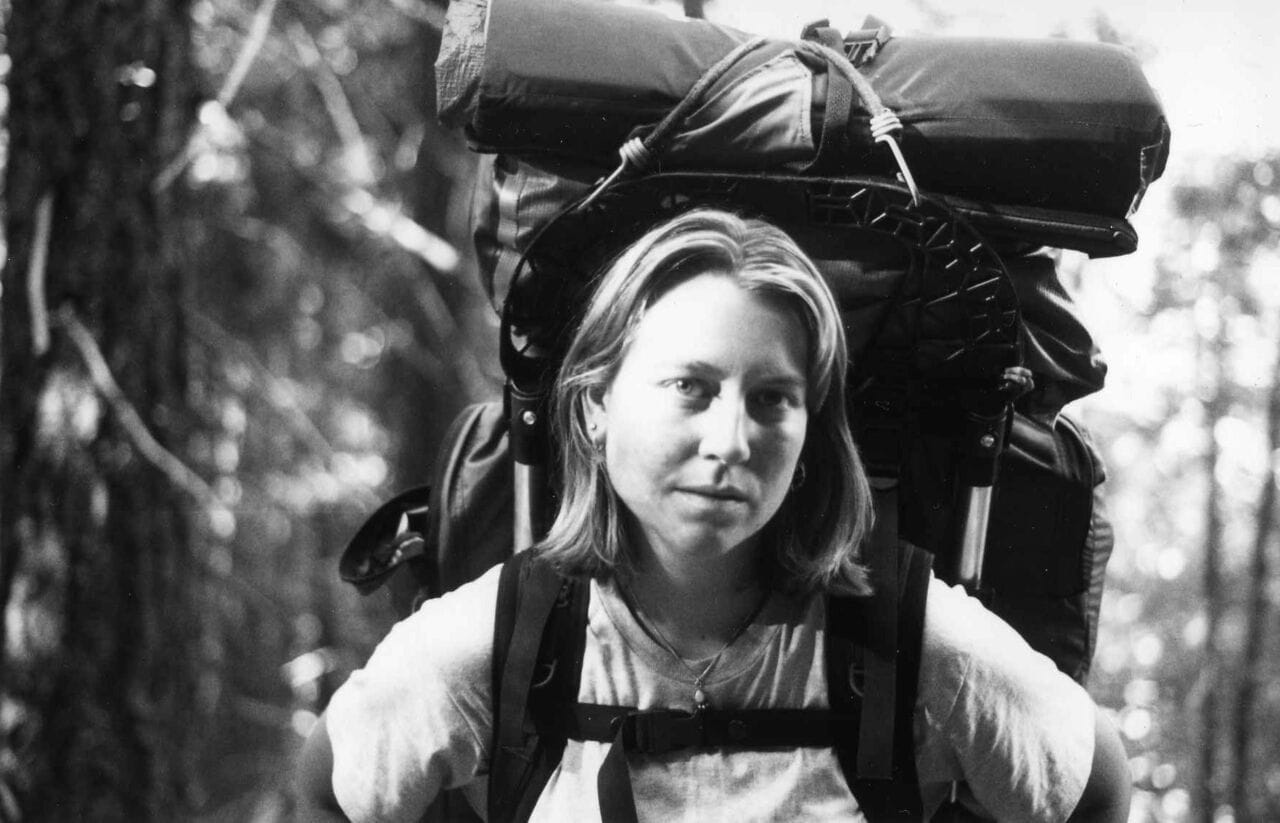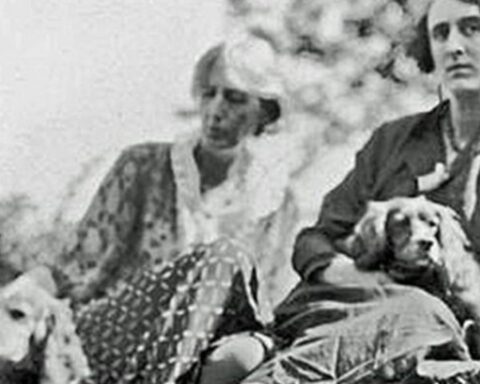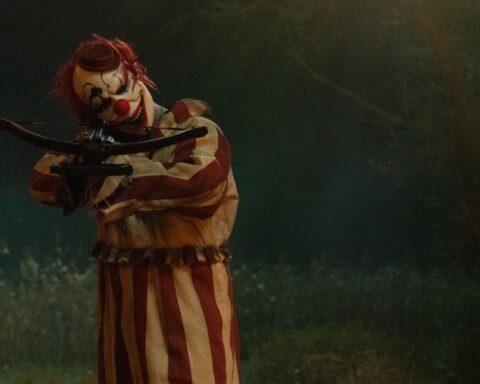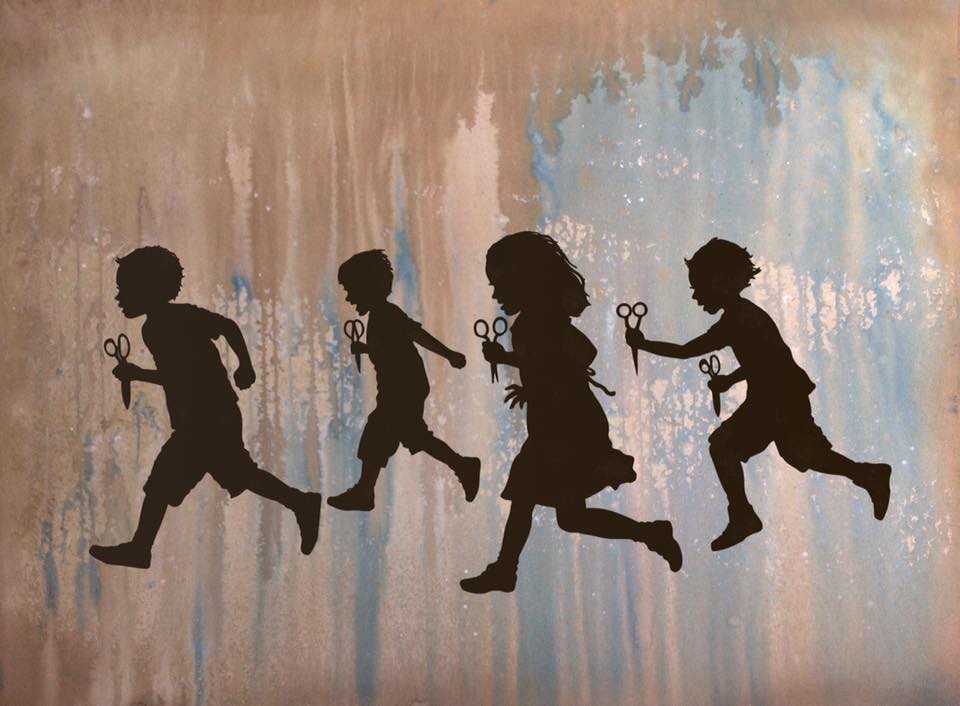In the expansive realm of contemporary literature, Cheryl Strayed’s memoir, “Wild: From Lost to Found on the Pacific Crest Trail,” stands as a monumental testament to the intricate interplay between the human psyche, solitude, and the relentless pursuit of self-actualization. Published in 2012, Strayed’s narrative traverses not merely the physical expanse of the Pacific Crest Trail (PCT) but delves profoundly into the labyrinthine corridors of her internal struggles and emotional turmoil. This memoir, imbued with raw authenticity and poignant introspection, offers a seminal exploration of the themes of personal journey, mental health, and the transformative power of solitude, rendering it an essential tome for women and indeed, for all who grapple with the complexities of the human condition.
The Epitome of Solitude and Self-Reflection
At the heart of “Wild” lies the concept of solitude, not as a mere state of physical isolation but as a crucible for profound self-reflection and personal growth. Strayed embarks on the PCT in the wake of her mother’s untimely death, a dissolving marriage, and a descent into destructive behaviors, including heroin use. The trail becomes a sanctuary where the cacophony of her past is drowned out by the elemental sounds of nature, providing a blank canvas upon which she can confront her innermost demons.
Solitude, in Strayed’s journey, is portrayed not as an adversary but as a necessary companion. It is within this solitary environment that she engages in a raw confrontation with her grief, guilt, and regrets. The PCT strips her of societal distractions, compelling her to engage in an unflinching dialogue with herself. This form of solitude, often feared in contemporary society, is thus redefined as a potent catalyst for mental clarity and emotional healing.
Mental Health and the Therapeutic Journey
Strayed’s narrative is deeply entrenched in the exploration of mental health, particularly in the context of grief and depression. The memoir vividly encapsulates the debilitating effects of these states, portraying them not merely as abstract conditions but as visceral, lived experiences. Strayed’s decision to hike the PCT can be viewed as an act of radical self-care, a deliberate plunge into the crucible of nature to seek solace and redemption.
The physical exertion and the inherent challenges of the trail serve as metaphors for the arduous process of healing. Each step Strayed takes is emblematic of her gradual progress towards emotional rehabilitation. The trail, with its unpredictable terrain and inherent dangers, mirrors the unpredictable path of recovery. Strayed’s perseverance, despite numerous setbacks, underscores the resilience of the human spirit and the potential for recovery through persistence and self-compassion.
The Philosophical Dimension of Walking and Thinking
The act of walking, intertwined with deep thought, is imbued with philosophical significance throughout Strayed’s journey. Walking serves as a form of meditation, a rhythm that allows for a seamless flow of introspection and contemplation. Philosophers such as Søren Kierkegaard and Henry David Thoreau have extolled the virtues of walking as a means of engaging with one’s thoughts more profoundly.
For Strayed, the physical act of walking becomes a metaphor for the progression of her internal journey. Each step taken on the PCT is not merely a physical movement forward but an advance in her understanding of herself and her past. The expansive landscapes she traverses mirror the vast, often untamed terrains of her mind. In the silence of the trail, unencumbered by the distractions of modern life, Strayed confronts her existential questions, her grief, and her aspirations, achieving a form of enlightenment that is as much spiritual as it is psychological.
The Vulnerability and Force of Being a Woman Traveling Alone
Strayed’s solitary journey as a woman adds a layer of complexity to her narrative, highlighting both the vulnerabilities and the extraordinary strength inherent in her endeavor. In a world that often views women through the lens of vulnerability, Strayed’s trek becomes an act of defiance and empowerment. Her narrative does not shy away from the inherent dangers and fears associated with being a woman alone in the wilderness—encounters with potentially threatening men, the ever-present fear of sexual violence, and the physical challenges that might seem more daunting for a woman.
Yet, it is precisely through facing these challenges that Strayed’s resilience and fortitude are illuminated. Her journey is a testament to the multifaceted nature of strength; it is not the absence of fear, but the courage to move forward despite it. This duality of vulnerability and strength resonates deeply with women readers, offering a nuanced portrayal that transcends simplistic notions of feminine fragility or empowerment.
The Cinematic Adaptation: Reese Witherspoon’s Portrayal
The cinematic adaptation of “Wild,” released in 2014 and starring Reese Witherspoon, brings Strayed’s narrative to a broader audience, translating the memoir’s introspective and emotional depth into a visual medium. Directed by Jean-Marc Vallée, the film retains the core of Strayed’s story, with Witherspoon’s portrayal capturing the raw vulnerability and indomitable spirit of the author.
Witherspoon’s performance is pivotal in conveying the physical and emotional hardships of the journey. Her embodiment of Strayed’s character allows viewers to witness the transformation that occurs over the course of the trail, rendering visible the internal battles and triumphs that are central to the narrative. The film’s visual portrayal of the PCT’s stark beauty and unforgiving terrain enhances the thematic elements of solitude and self-discovery, providing a sensory counterpart to the literary introspection of the memoir.
While adaptations often risk losing the nuanced subtleties of their source material, “Wild” succeeds in preserving the memoir’s essence. The film’s focus on the personal and philosophical aspects of Strayed’s journey ensures that the profound messages of resilience, self-reflection, and empowerment resonate with its audience, much as they do in the written narrative.
Conclusion
Cheryl Strayed’s “Wild” is a profound exploration of the human spirit, a narrative that interweaves themes of solitude, mental health, and personal empowerment with exquisite deftness. It stands as an essential read for women and all who seek to understand the transformative power of confronting one’s deepest fears and sorrows. Strayed’s memoir transcends the boundaries of personal narrative, offering a universal testament to the resilience and indomitable strength inherent in the human spirit. The philosophical depth of walking and thinking, the nuanced portrayal of a woman’s solo journey, and the cinematic adaptation with Reese Witherspoon all contribute to the enduring impact of “Wild” as a seminal work in contemporary literature and film.









